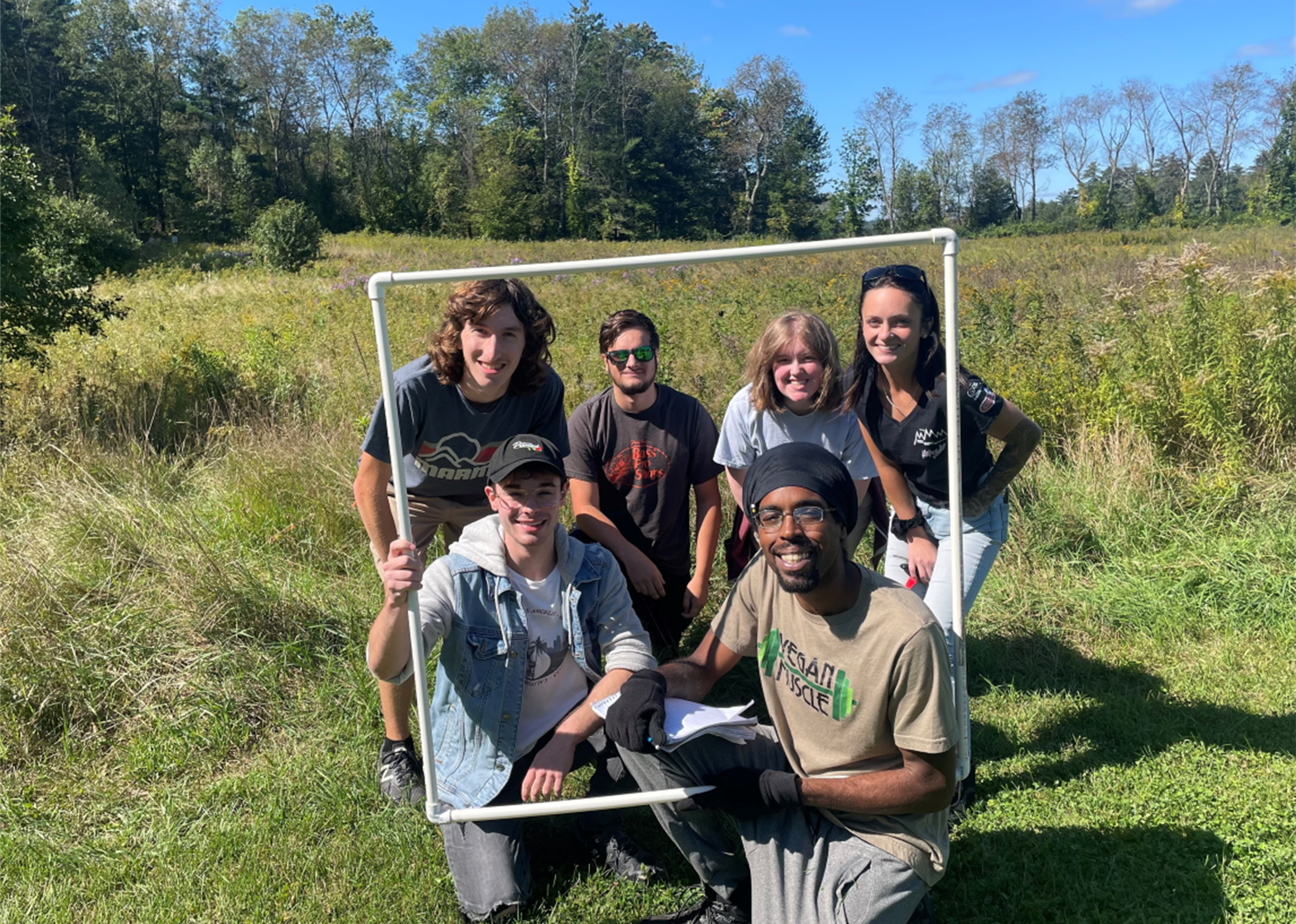NHTI's Environmental Sciences degree program provides an interdisciplinary approach to studying the social, ethical, and ecological interactions between the natural world and society. It offers the first two years of courses necessary for a four-year bachelor’s degree in environmental science for students interested in transferring.
Do you have questions? The department chair for this program is Amy West, who can be reached at awest@ccsnh.edu.
Apply for this program today on our Admissions page with step-by-step instructions and enrollment pathways build just for you!
Graduates of associate and bachelor’s degree programs have more employment opportunities. Graduates can find employment as city planning aides, economic research assistants, grazing examiners, soil testers, meteorological aids, and tree wardens. With a bachelor’s degree, graduates can find employment as biotechnologists, wildlife technicians, and specimen technicians.
General Education Requirements
Major Requirements
Program Learning Outcomes
- Students will communicate effectively.
- Students will employ vocabulary pertinent to environmental science.
- Students will complete research and use peer-reviewed sources of literature.
- Students will use critical thinking.
- Students will apply the scientific method.
- Students will connect principles of ecology and other natural sciences to environmental issues.
- Students will demonstrate the application of scientific technology.
- Students will practice lab and field safety procedures.
- Students will utilize current technology to collect, analyze, and present data.
- Students will express quantitative and qualitative scientific knowledge.
- Students will demonstrate competence in chemistry, biology and other foundational courses that support scientific understanding.
- Students will describe connections between the environment and human societies and how each affects the other.
Student Achievements
NHTI Environmental Sciences students complete a capstone project over two consecutive semesters. This hands-on experience strengthens their ability to apply theory to the development of practical solutions to real-world problems. See a collection of our previous students' capstone projects!


